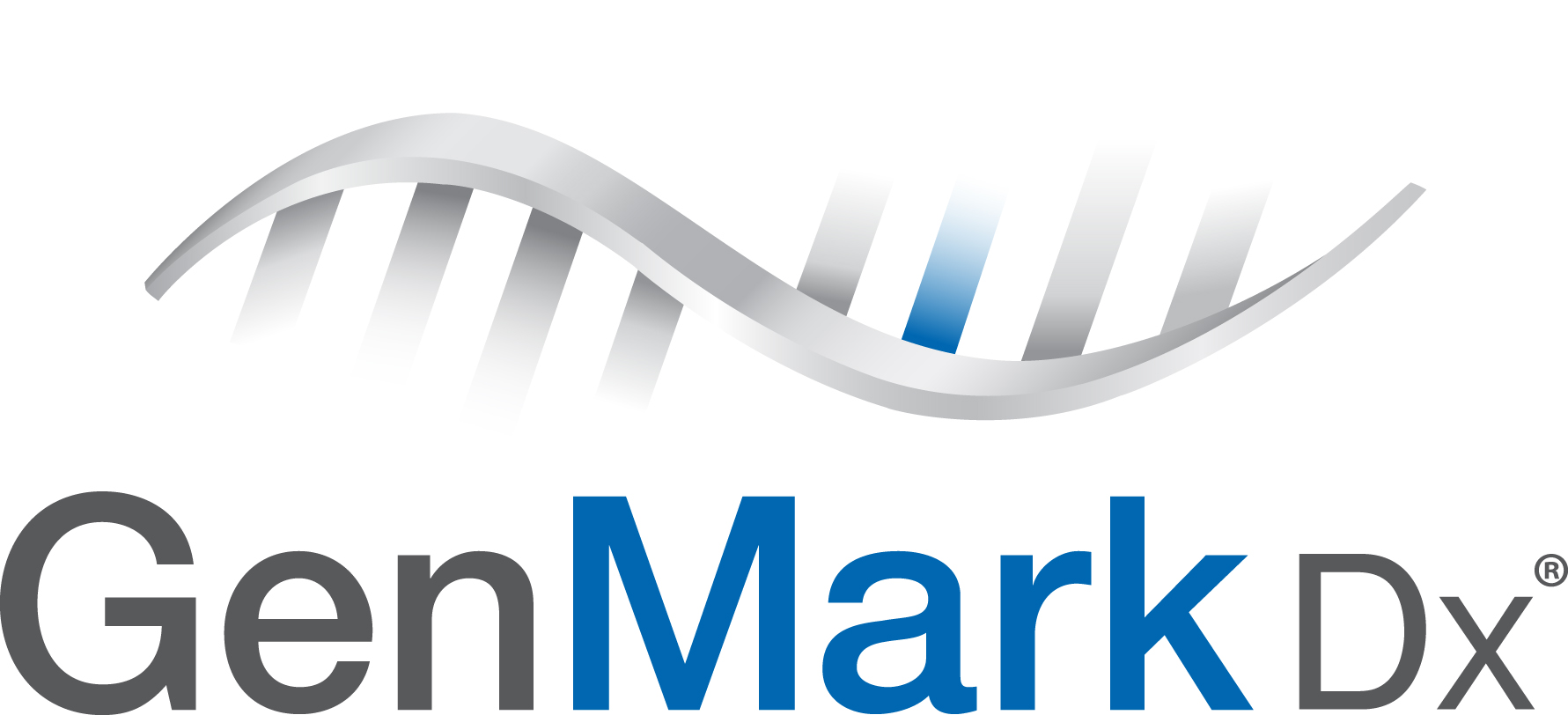The implementation process for rapid molecular blood culture identification can be a complex process for laboratories, medical staff and the antimicrobial stewardship program (ASP). There can be many facets of the process that can easily sink below the surface, which is where GenMark Diagnostics endeavors to ensure a smooth process. By partnering with institutions to provide a comprehensive solution focused on patient-centered-care and antimicrobial stewardship throughout implementation, we can help you stay above the water while adopting a rapid molecular test for diagnosis of bacterial and fungal pathogens causing bloodstream infections.
For any new test, there are several factors to consider both on the laboratory and the stewardship side. The laboratory must consider how to incorporate the new test into their current blood culture workflow, when to perform the test, what the quality control and quality assurance plan will be, how to report the results and who to report them to, how the results will be reported into the laboratory LIS and hospital EHR and lastly, how and when to educate the clinicians.
The IDSA/SHEA guidelines recommend that ASPs develop processes and interventions that assist clinicians in interpreting and responding appropriately to results from rapid diagnostic testing on blood cultures.1 One method of accomplishing this is by using customizable comments along with rapid diagnostic test reporting. When combining the use of a comprehensive panel of pathogens along with Templated Comments and an institution’s antibiogram, the ASP can deliver more opportunities for appropriate optimization of therapy.
A cohesive partnership between the laboratory, ASP and GenMark Infectious Disease Specialists (IDS) has proven to be an effective approach to addressing the challenges with the implementation of blood culture identification (BCID) rapid tests. During this webinar, GenMark Infectious Disease Specialists will provide insights on the successful implementation of the ePlex BCID Panels using real-world examples, while also describing a process for integration of Templated Comments into the patient report to assist clinicians with patient management.
- Barlam TF, Cosgrove SE, Abbo LM, et al. Implementing an antibiotic stewardship program: Guidelines by the Infectious Diseases Society of America and the Society for Healthcare Epidemiology of America. Clin Infect Dis. 2016;62(10):e51–e77.
 Experience the Xtalks Webinar-Mingle™ after the webinar. Connect via webcam with webinar speakers and fellow webinar attendees after the webinar to network and discuss the issues that are top-of-mind to you. Get connection details after registering for this webinar.
Experience the Xtalks Webinar-Mingle™ after the webinar. Connect via webcam with webinar speakers and fellow webinar attendees after the webinar to network and discuss the issues that are top-of-mind to you. Get connection details after registering for this webinar.
Speakers

Tyler Dodd, PharmD, BCPS, BCIDP, Infectious Disease Specialist, GenMark Diagnostics
Tyler Dodd earned his Doctor of Pharmacy degree at the Samford University McWhorter School of Pharmacy and completed an ASHP-accredited pharmacy practice residency at DCH Regional Medical Center in Tuscaloosa, AL. After completion of residency, he completed both SIDP and MAD-ID stewardship certificate programs and obtained board certification in infectious disease pharmacotherapy. He then served as the antimicrobial stewardship program co-chair at DCH Regional with Dr. Albert White. In this role he also acted as a resident preceptor and affiliate clinical professor for Auburn University Harrison School of Pharmacy. He has now joined GenMark Diagnostics to assist institutions in rapid BCID implementation.

Heather Nutting, M(ASCP)CM, MT(AMT), Infectious Disease Specialist, GenMark Diagnostics
Heather Nutting has a passion for microbiology and her extensive laboratory experience has led to her current role as an Infectious Disease Specialist for GenMark Diagnostics. She received a baccalaureate degree with distinction in biology from The Florida State University. Heather spent the subsequent 11 years honing her clinical microbiology skills and achieving certifications as an ASCP microbiology technologist and AMT medical technologist. She also holds licensure in the state of Florida as a supervisor in microbiology and serology/immunology, where she currently resides. Heather has considerable laboratory management experience in both hospital and reference laboratory settings. During her career, she has been involved in the development of Antimicrobial Stewardship Programs and has actively contributed to Infection Prevention initiatives. In her current role, Heather provides support to laboratories and clinicians across the country who seek to implement new molecular technologies, improve patient outcomes, and meet organizational stewardship initiatives.
Who Should Attend?
- Laboratory directors and managers
- PharmDs
- Infectious disease clinicians
- Physicians
- Emergency Dept. clinicians
- Hospital C-suite
- Sepsis nurses
What You Will Learn
- Learn how an infectious disease specialist can assist with the integration of rapid molecular blood culture identification into a laboratory’s current blood culture workflow
- Discover how an infectious disease specialist is well-positioned to assist in optimizing use of rapid molecular blood culture identification, as current evidence suggests a lack of familiarity with rapid diagnostic testing among clinicians
- Understand how infectious disease specialists can provide strategies for the development of result reporting workflows and institution-specific treatment guidelines for clinicians
Xtalks Partner
GenMark
GenMark Diagnostics is a leading provider of multiplex molecular diagnostic solutions designed to enhance patient care, improve key quality metrics, and reduce the total cost-of-care. GenMark’s ePlex(r): The True Sample-to-Answer Solution(tm) is designed to optimize laboratory efficiency and address a broad range of infectious disease testing needs, including respiratory, bloodstream, and gastrointestinal infections.
You Must Login To Register for this Free Webinar
Already have an account? LOGIN HERE. If you don’t have an account you need to create a free account.
Create Account

